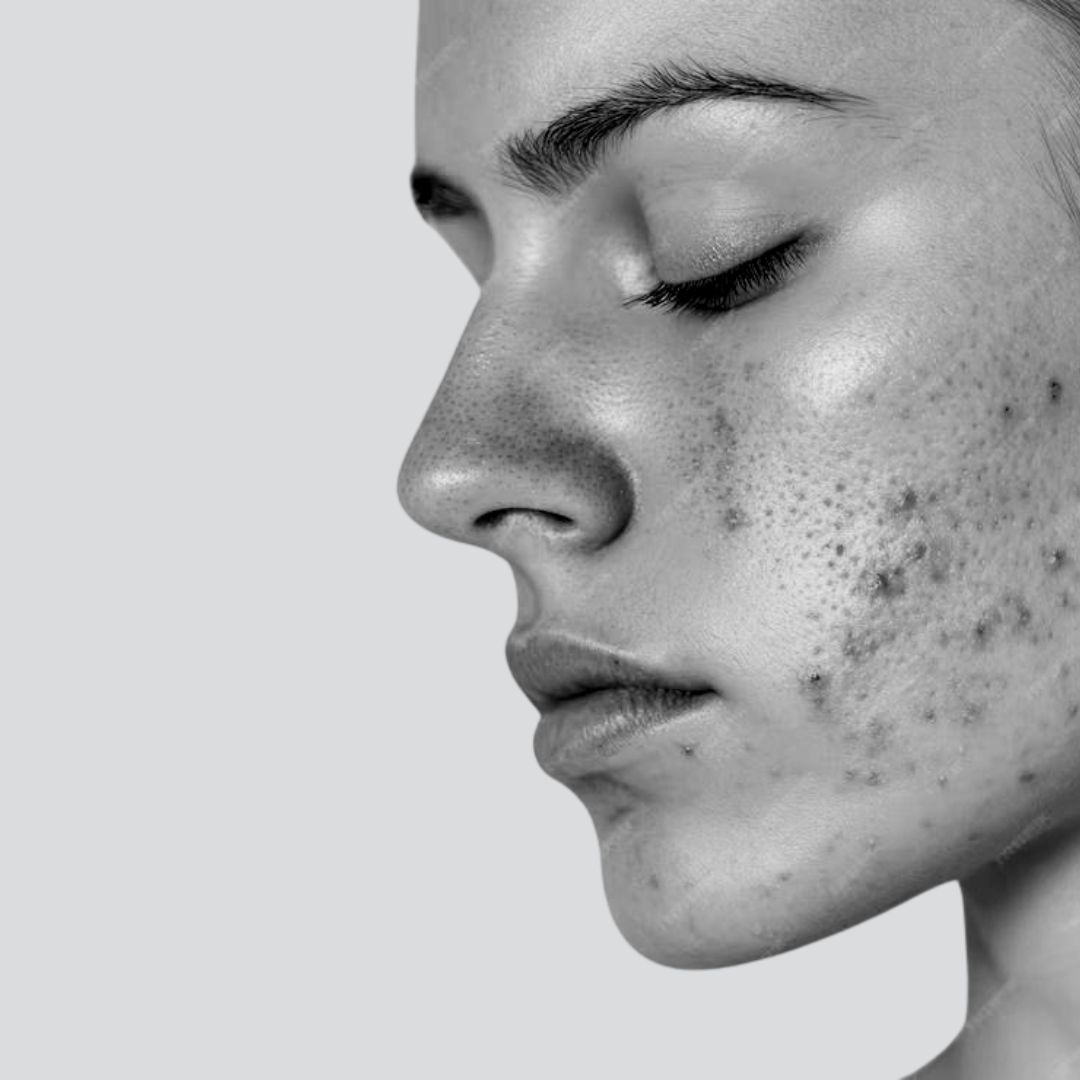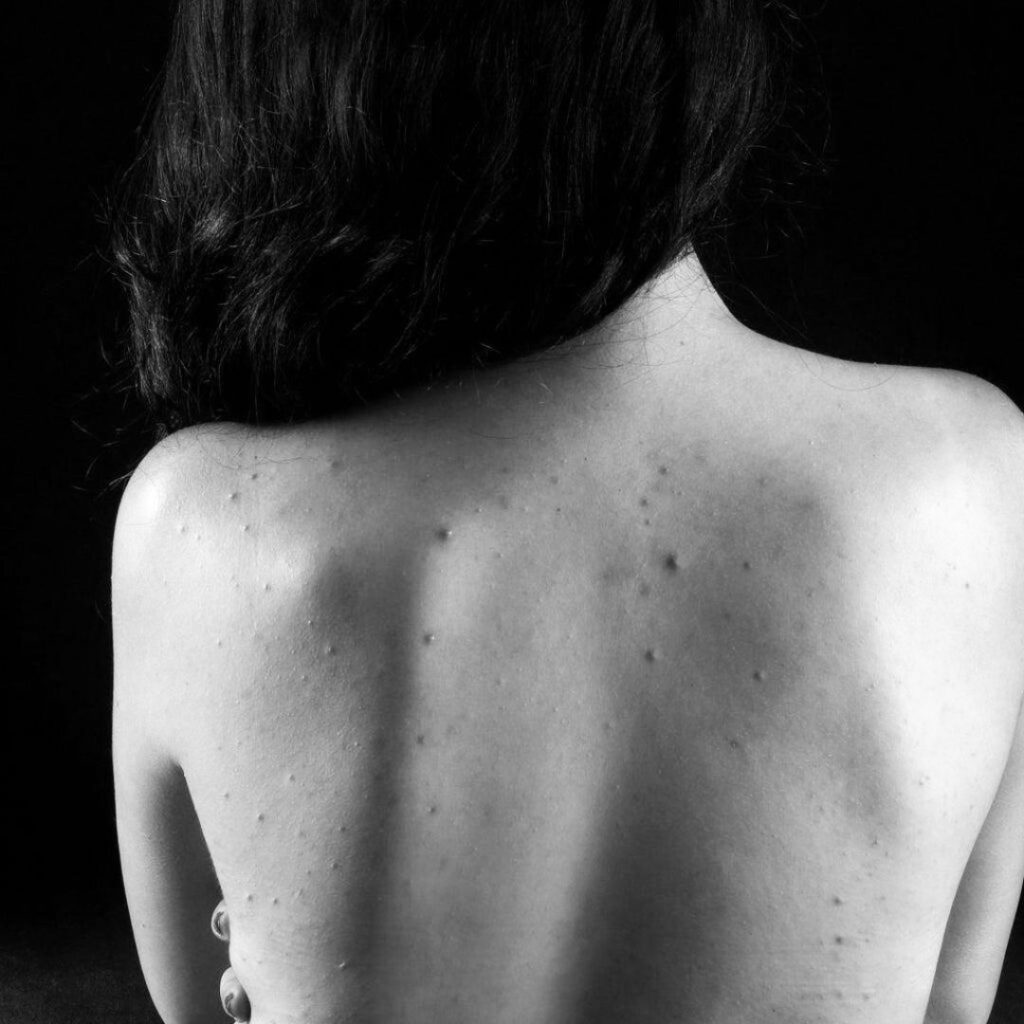
ACNE
Acne Treatment in Pune | SculptDerma – Advanced Care for Clear Skin
Struggling with persistent acne, blackheads, whiteheads, or inflamed pimples? At SculptDerma, we offer personalized and evidence-based acne treatment in Pune. Our multidisciplinary team of dermatologists and plastic surgeons uses advanced therapies like chemical peels, lasers, microneedling, PRP, and medical-grade skincare.
Understanding Acne: Causes, Treatments, and Management
Acne is a common skin condition that affects millions of people worldwide, particularly during adolescence. It occurs when hair follicles become clogged with oil and dead skin cells, leading to the formation of pimples, blackheads, and cysts.
While acne is often associated with teenagers, it can affect individuals of all ages. This article will explore the causes of acne, various treatment options, preventive measures, and answer frequently asked questions to help you better understand this condition.
What Causes Acne?

Acne is primarily caused by a combination of factors that contribute to the clogging of hair follicles:
- Excess Oil Production: The sebaceous glands in the skin produce sebum, an oily substance that helps keep the skin moisturized. However, excessive production of sebum can lead to clogged pores.
- Hormonal Changes: Hormonal fluctuations, particularly during puberty, menstruation, pregnancy, or hormonal therapy, can increase oil production and contribute to acne.
- Bacterial Growth: The skin naturally harbors bacteria called Propionibacterium acnes (P. acnes). When hair follicles are clogged, these bacteria can multiply rapidly, leading to inflammation and infection.
- Dead Skin Cells: The body continuously sheds dead skin cells. When these cells do not shed properly and accumulate in hair follicles, they can contribute to blockages.
- Diet: Some studies suggest that certain dietary factors may exacerbate acne. High-glycemic index foods (like refined sugars and carbohydrates) and dairy products have been linked to increased breakouts in some individuals.
- Stress: While stress does not directly cause acne, it can exacerbate existing conditions by triggering hormonal changes that increase oil production.
Types of Acne
Understanding the different types of acne can help in identifying the most effective treatment:
- Comedonal Acne: Characterized by non-inflammatory lesions like blackheads (open comedones) and whiteheads (closed comedones). These occur when hair follicles are clogged with oil and dead skin cells.
- Inflammatory Acne: Includes papules (small red bumps), pustules (pus-filled lesions), nodules (larger lumps beneath the skin), and cysts (painful, deep lesions). Inflammatory acne is often red and swollen due to infection.
- Cystic Acne: A severe form of inflammatory acne that results in painful cysts beneath the skin’s surface. This type often leads to scarring if not treated properly.
Treatment Options for Acne
There are various treatment options available for managing acne, depending on its severity:
- Topical Treatments:
- Benzoyl Peroxide: An antibacterial agent that helps reduce inflammation and clear clogged pores.
- Salicylic Acid: A beta hydroxy acid that exfoliates the skin and helps prevent clogged pores.
- Retinoids: Vitamin A derivatives (like tretinoin) that promote cell turnover and prevent clogged pores.
- Antibiotics: Topical antibiotics (like clindamycin) reduce bacteria on the skin and decrease inflammation.
- Oral Medications:
- Antibiotics: Oral antibiotics (such as doxycycline or minocycline) are prescribed for moderate to severe inflammatory acne.
- Hormonal Treatments: Birth control pills containing estrogen and progestin can help regulate hormones and reduce acne in women.
- Isotretinoin: A powerful oral retinoid used for severe acne that has not responded to other treatments. It requires close monitoring due to potential side effects.
- Procedures:
- Chemical Peels: Dermatologists apply chemical solutions to exfoliate the skin’s surface and improve acne.
- Laser Therapy: Various laser treatments target bacteria, reduce oil production, or improve scarring.
- Corticosteroid Injections: For large cystic lesions, corticosteroids can be injected directly to reduce inflammation quickly.
- Lifestyle Changes:
- Maintaining a consistent skincare routine with gentle cleansers can help manage acne.
- Avoiding touching or picking at blemishes reduces the risk of scarring and further irritation.
- Keeping hair clean and away from the face can prevent excess oil from contributing to breakouts.
Preventive Measures
While it may not be possible to completely prevent acne, certain practices can help minimize breakouts:
- Use Non-Comedogenic Products: Choose skincare and makeup products labeled as non-comedogenic to avoid clogging pores.
- Maintain a Healthy Diet: Incorporate a balanced diet rich in fruits, vegetables, whole grains, and lean proteins while limiting processed foods.
- Stay Hydrated: Drinking plenty of water helps maintain healthy skin.
Manage Stress Levels: Practice stress-reducing techniques such as yoga, meditation, or regular exercise
Why SculptDerma for Acne?
- Multidisciplinary Approach: Dermatology & Plastic Surgery experts collaborate
- Latest Acne Treatments: Laser therapy, MNRF, chemical peels, PRP, oral/topical therapy
- Safe for Indian Skin Types
- 3 Pune Locations: Kharadi, Baner, Pimpri
SculptDerma Acne Treatment Menu
Medical Acne Creams (Retinoids, Salicylic Acid, Benzoyl Peroxide)
Chemical Peels (Salicylic, Glycolic, TCA CROSS)
Laser & Light Therapy (Diode LHR, Intense Pulsed Light, Blue/Red Light)
Microneedling / MNRF (Radiofrequency Microneedling)
Platelet-Rich Plasma (PRP)
Oral Medications & Hormonal Therapy
Customized Skincare Routine Plans
How It Works
In-depth skin analysis & medical evaluation
Treatment tailored to acne type and skin sensitivity
Combination therapy approach (e.g., peel + topical treatments)
Monitoring and follow-up every 4–6 weeks
Acne Management Tips
Use non-comedogenic, gentle skincare
Maintain consistent diet, good sleep & minimize stress
Avoid picking or popping blemishes
Adhere to prescribed medical treatments
Frequently asked questions (FAQs)
1. What causes acne in Indian skin?
Acne is commonly caused by excess oil (sebum) production, clogged pores, bacteria, and inflammation. In Indian skin, hormonal imbalances (such as PCOS), humidity, and unsuitable skincare products often worsen breakouts. Genetic factors also play a significant role.
2. Which acne treatments are offered at SculptDerma?
SculptDerma provides a comprehensive range of acne treatments, including:
Prescription creams and oral medications
Chemical peels (salicylic, glycolic, TCA)
Laser and light-based therapies
Microneedling and MNRF
PRP (Platelet-Rich Plasma) therapy
Customized skincare regimens
All treatments are customized based on skin type, severity, and acne grade.
3. Is laser acne treatment safe for Indian skin tones?
Yes, laser treatments like IPL and diode lasers are safe for Indian skin when performed by experienced professionals. At SculptDerma, we use FDA-approved technology with settings tailored for darker skin to ensure safety and efficacy without causing pigmentation issues.
4. How long does it take to see visible results from acne treatment?
Most patients begin to notice improvement within 4 to 6 weeks, depending on the treatment method and severity of acne. Full clearance may take 3 to 6 months with consistent follow-up and adherence to the prescribed plan.
5. Can acne worsen during the initial treatment phase?
Yes, certain treatments like retinoids and chemical peels may cause an initial “purging” phase where breakouts temporarily increase before improving. This is a common and manageable phase, and our team closely monitors progress during follow-ups.
6. What is the cost of acne treatment in Pune at SculptDerma?
The cost depends on the treatment chosen and severity of acne:
Chemical peels: ₹2,500 – ₹5,000 per session
Laser therapy: ₹3,000 – ₹7,500 per session
MNRF: ₹6,000 – ₹12,000 per session
PRP for acne: ₹4,000 – ₹8,000 per session
Customized plans are available after consultation at any of our Pune clinics.
7. Can diet and stress cause acne?
Yes. High glycemic foods, dairy products, and stress can worsen acne by increasing oil production and inflammation. We provide lifestyle guidance and dermatologist-supervised plans to manage internal triggers along with external skin treatments.
8. Do I need to moisturize oily, acne-prone skin?
Absolutely. Skipping moisturizers can cause dehydration and excess oil production. Use non-comedogenic, oil-free moisturizers that hydrate without clogging pores. Our team recommends personalized skincare routines for best results.
9. Will I be left with acne scars after treatment?
Proper and timely treatment minimizes the risk of scarring. If scars have already developed, we offer specialized treatments like microneedling, MNRF, PRP, and scar-specific lasers to reduce or eliminate them. Preventive care is key.
10. Why should I choose SculptDerma for acne treatment in Pune?
SculptDerma combines the expertise of board-certified dermatologists and plastic surgeons under one roof. Our centers in Pune use evidence-based treatments, modern technology, and tailored care plans for every skin type. We ensure ethical, safe, and effective acne management with visible results.
OUR RESULTS
Our Experts

Dr Bhushan Darkase
MBBS, MD Dermatology, Fellowship in cosmetic dermatology, Fellowship in Dermato-pathology
Dr. Bhushan Darkase is a skilled and compassionate dermatologist with a deep-rooted interest in skin science and aesthetics. With specialized fellowships in both cosmetic dermatology and dermatopathology, he brings an advanced diagnostic and treatment edge to every skin condition he manages. His expertise is Precision dermatopathology for accurate skin disease diagnosis, Non-surgical skin rejuvenation using cutting-edge technology.

Dr. Swarali Deolikar Tarkase
BDS, Fellowship in Medical Aesthetics and Cosmetology (FMAC)
Dr. Swarali is a dedicated aesthetic physician and trichologist, bringing advanced medical expertise in skin rejuvenation and hair restoration. With specialized fellowships in Aesthetic Medicine, Clinical Cosmetology, and Trichology, she offers comprehensive, non-surgical solutions tailored for natural beauty and hair health.
Known for her patient-centric approach and refined aesthetic sense, Dr. Swarali blends clinical precision with artistic insight to deliver radiant transformations. Her consultations emphasize holistic care—treating not just the symptom but the root cause—making her a trusted name in aesthetic wellness.

Dr. Nitin Maske
MBBS, DDVL, Fellowship in Trichology and Hair Transplant
Dr. Nitin Maske is an experienced dermatologist with a strong clinical and aesthetic dermatology foundation. Known for his precise diagnostic acumen and minimally invasive treatment style, he addresses a wide spectrum of skin, hair, and nail conditions while specializing in advanced Hair restorartion procedures.
Visit Us
Address:
KHARADI - Sculptderma, UG 06, Clover Galleria, Fountain road, Eon free zone, Kharadi, Pune Phone - +91 89836 26437
WAKAD- Sculptderma, Shop no. 1, Western High Street, Opp. to Pheonix Mall, Shankar Kalat Nagar, Wakad, Pimpri Chinchwad, Pune, Maharashtra - 411057 Phone: +91 95619 80481
BANER- Sculptderma, Hairderma, 601, Shivom Residency, Baner Rd, above Jyoti Appliances, Baner, Pune, Maharashtra - 411045
Phone - +91 89836 26437


